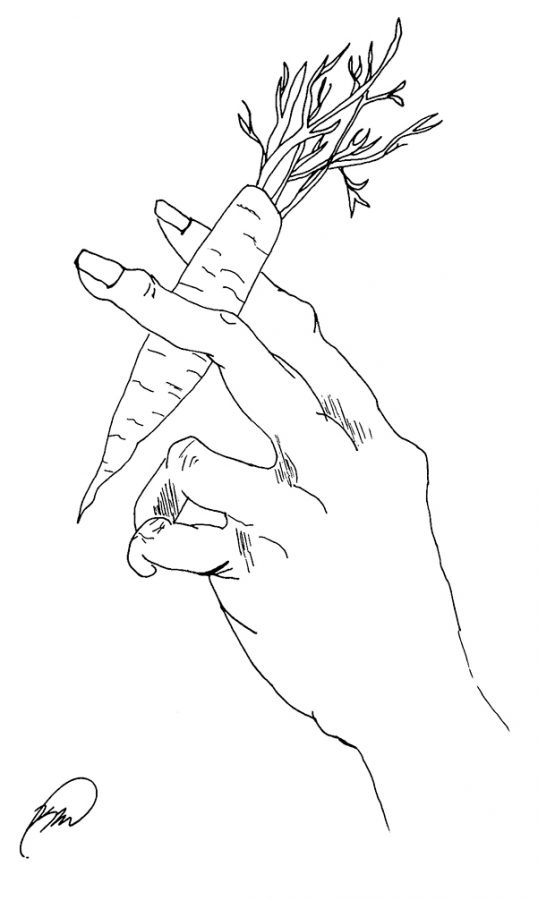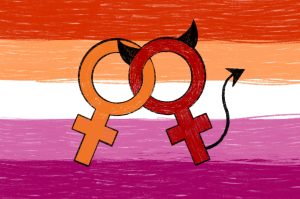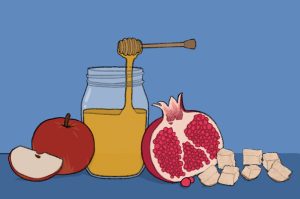Vegans are more than what they do not eat
September 19, 2019
It is never okay to ridicule someone for what they eat.
What you eat is personal to you based off not just your dietary needs, but also cultural, religious and personal beliefs.
One popular “new” diet in the U.S. is veganism. There was an extreme growth of 600% of people who identified as vegans from 2014 to 2017, according to a November 2018 Forbes article.
However, even with the rising following for veganism, many people still don’t like vegans for one reason or another.
Some people think if you are vegan, you must be annoying, pushy or just trying to keep up with the trend.
Although I am not a vegan, I am a vegetarian and have been since I was very young.
One of my friends who is a vegan for health reasons was recently explaining to me that she is reluctant to tell people she is vegan because of being perceived as the stereotypical vegan who is pushy and obnoxious.
Although it seems like veganism is a new trend, it is important to remember that plant-based diets have played a role in various cultures for a long time.
Followers of Hinduism and Buddhism often practice a high intake of plants and low intake of meat, according to a May 2016 HuffPost article.
Catholics and Orthodox Christians in Ethiopia often practice fasting for Lent, the Advent and most Wednesdays and Fridays by refraining from consuming meat and dairy products, according to the U.S. Conference of Catholic Bishops’ website.
Many vegans, particularly in the U.S. and Europe, talk about the consequences of eating meat and dairy products and the impact it has on the environment, animals and health risks. They are correct.
Livestock emissions account for 14.5% of global greenhouse gas emissions, according to the Food and Agriculture Organization of the United Nations. This is because livestock requires a generous amount of natural resources.
From destroying the ocean floor to capture fish, to the destruction of forests for livestock ranching, the environment is being deeply impacted.
Many vegans are also passionate about ethics and how animals are treated.
Factory farming is a large industry in the U.S., and it is often pressuring small family-run farms to expand.
Although it is sometimes expensive buying from farmers markets and ethical small family farms, it would be a great option if you are able to.
If not, you could join or start an action group near you.
However, veganism may not be for you for different reasons, which is okay too.
Whatever diet you choose, you shouldn’t make fun of others for theirs, even if it conflicts with your ideas of what’s acceptable to eat.
The food you eat makes you unique but also does not define you.
You are so much more than just what you eat.







